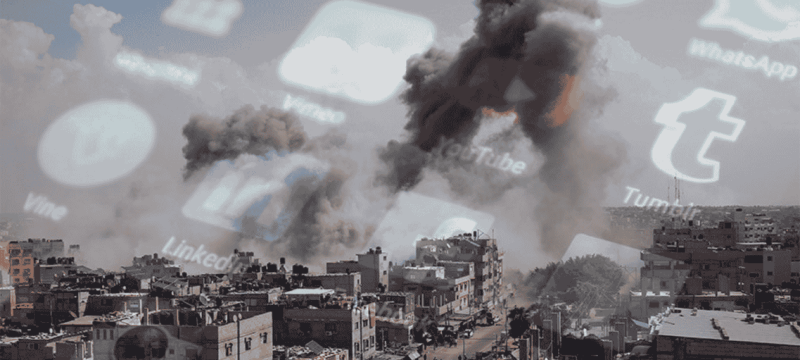As the Israel-Gaza war continues, U.S. lawmakers are renewing their criticism of TikTok, claiming the platform amplifies pro-Palestinian content. The debate, which began in 2023 when the conflict first erupted, has resurfaced following a new report by the Cybersecurity for Democracy research center.
The study revealed that U.S.-based TikTok users overwhelmingly post content supporting Palestinians. According to the findings, for every pro-Israel post on TikTok in September, there were nearly 17 posts expressing support for Palestinians. Researchers analyzed hashtags used by users to determine the balance of opinions shared on the platform.
This ratio is consistent with what the center reported nearly two years ago, suggesting that public sentiment on TikTok has remained largely unchanged since the start of the Israel-Gaza war. The report highlights how the social media platform continues to serve as a major space for political expression, particularly among younger audiences.
Republican lawmakers argue that the dominance of pro-Palestinian content on TikTok reflects potential bias linked to its Chinese ownership. Some have renewed their calls to ban the app in the United States, citing national security and information control concerns. They claim that foreign influence on social media could shape public perception of global conflicts such as the Israel-Gaza war.
TikTok has previously denied any allegations of political bias or manipulation, stating that content on its platform reflects user behavior and engagement rather than external direction. The company maintains that it promotes diverse viewpoints while removing posts that violate its community guidelines.
As the conflict in Gaza continues to draw attention worldwide, TikTok remains at the center of a larger debate over social media influence, free speech, and national security. The ongoing Israel-Gaza war has underscored how digital platforms can shape the global conversation on complex geopolitical issues.
In other news read more about: Israel Finance Minister admits pressure on economy amid Gaza war







